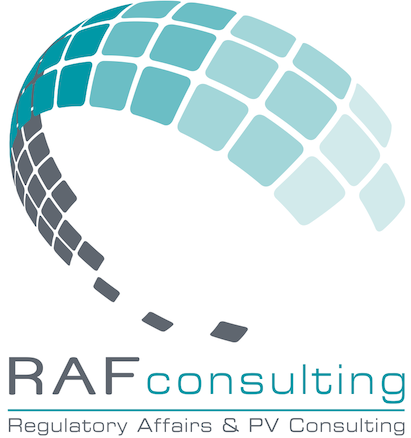Impact of modifications proposed by COFEPRIS to current medical devices regulation
Last April 7th, 2021, Cofepris proposed to the applicable authority (CONAMER) a draft for changing current "Reglamento de Insumos para la Salud" (RIS) that is where the main regulation for medical devices and Pharmaceuticals is defined, besides others. The draft was accepted past May 12th, and now we are expecting its publication when it will become official. However, it is still subject to some changes.
We will comment now the main modifications that affects registrations of medical devices. Pharmaceuticals will be reviewed in a separate publication.
- Application and variation for registrations:
Cofepris in an aim of being aligned with international practices, is proposing the acceptance of the dossiers in
English or Spanish. We foresee a considerable advantage in the timing for preparation of a dossier for submission, as well as an important reduction in costs, avoiding translations. The reduction could be applied by manufacturers for new product registrations and to increase the offer of medical devices in the Mexican market.
However, Cofepris has now the challenge of hiring and training a team of specialized and bilingual personnel, in order to review English dossiers properly.
Talking of registration variations, the total timeline for using packaging materials with previous texts, is now being included in the registrations (before it was half the time and you had to make up to 3 extensions) avoiding further requests that will release Cofepris for quite some submissions.
In the case of rights transferals, now it will just be the right transferal submission without variation, which implies some changes in the organization of the dossier and inclusion of less documents.
- Changes in registrations renewals:
The purpose of the renewals is no more to verify that the registered conditions are complied. Therefore, the renewal is simplified: no more labels, certificates of analysis nor GMP certificates for local manufacturers, in the case of foreign manufacturers, the requirement to provide GMP/ISO certificates is maintained.
Once the first renewal of the registration is approved, the validity of the registration is undefined, which means that the
registration will have no expiry date, so no further renewals. Unless that the technovigilance report indicates safety issues that should be observed, in which case Cofepris will request and additional renewal of the registration, we will know upon approval within the registration official letter.
The timeline for submitting the renewal now changes from 150 to 270 natural days before the expiry date of the registration. The timeline for Cofepris to answer the renewal will be now reduced to 120 days, in case they do not answer the renewal is considered authorized, however, Cofepris must issue the official registration letter in any case.
Application timeline after publication:
This regulation will become effective next day of its publication. Cofepris will have then 90 days to publish any adequation to current regulations, per example the Technovigilance norm. As happens with all Mexican regulations the application of these changes will not be retroactive. And no-one knows for sure when these regulations are being published, but it might be soon.
Conclusions:
The proposed modifications, in addition to simplify some submissions that are not very relevant (for example: the extensions of timelines to use previous packaging materials), and the harmonization with international practices regularly applied by Recognized Regulatory Agencies, and the substantial reduction of registrations renewals, can just have a strong and positive impact on the workload and costs, for Cofepris, as well as the regulatory departments of the manufacturers/distributors.
We can only hope that all these measures help to speed up the resolutions from Cofepris, including those delayed submissions that counts about 8000* at this point of time, as indicated in the regulation papers. The outcome is expected to be positive for both sides.
In addition, the tone of the proposal looks like an attempt from the authority to open up to the industry with regards of empathy and to reestablish a communication path, including a vote of confidence in which it is recognized that the private sector has the intention and will to comply with regulations, at least in its great majority.
Therefore, the authority can now reduce requirements to a reasonable level, without incurring in risks for the people. We think that it is now understood that overregulation only causes an increase in costs and resources for the industry and an overload for the authority that becomes complicated to solve.
* Number of delayed submissions apparently includes all types of submissions.
